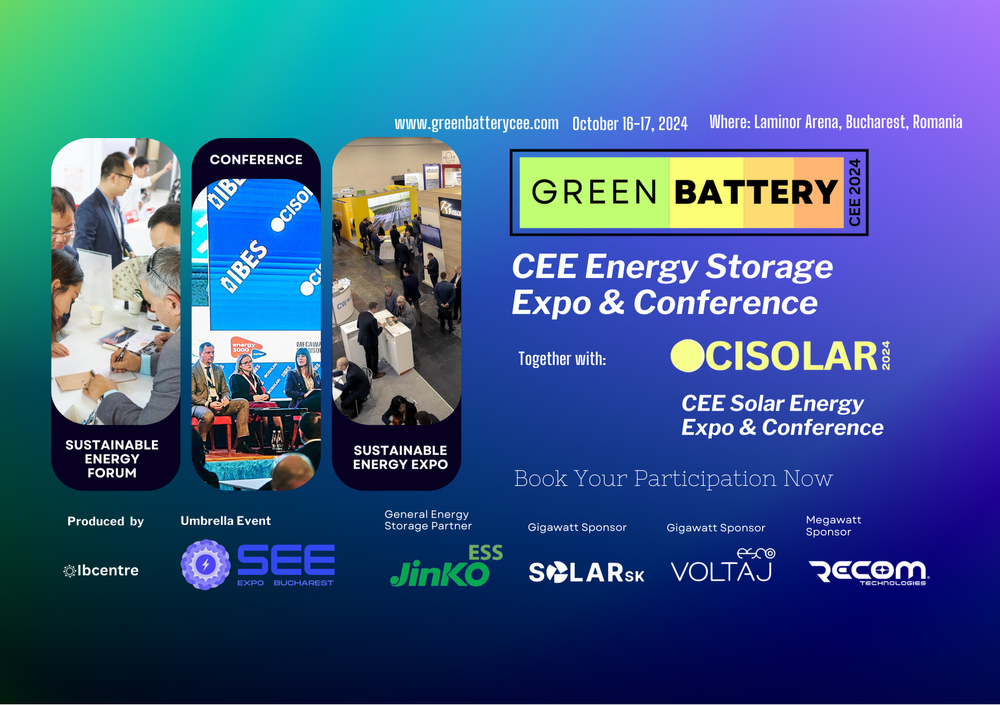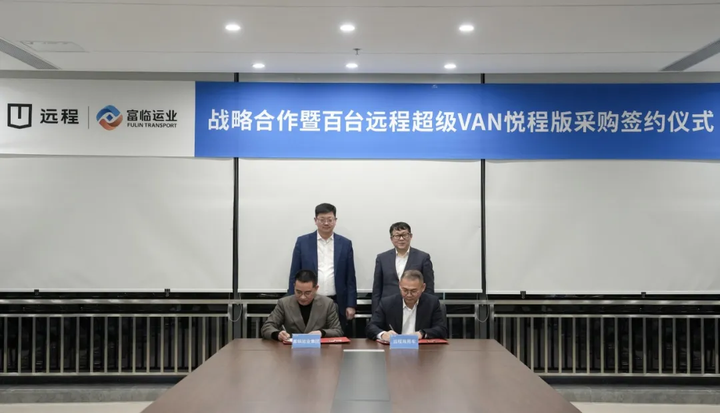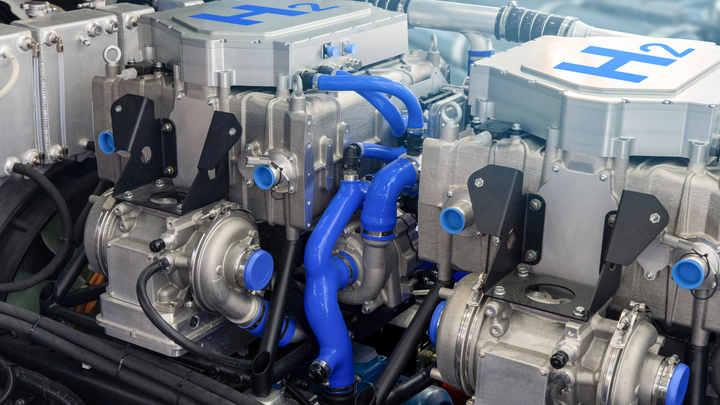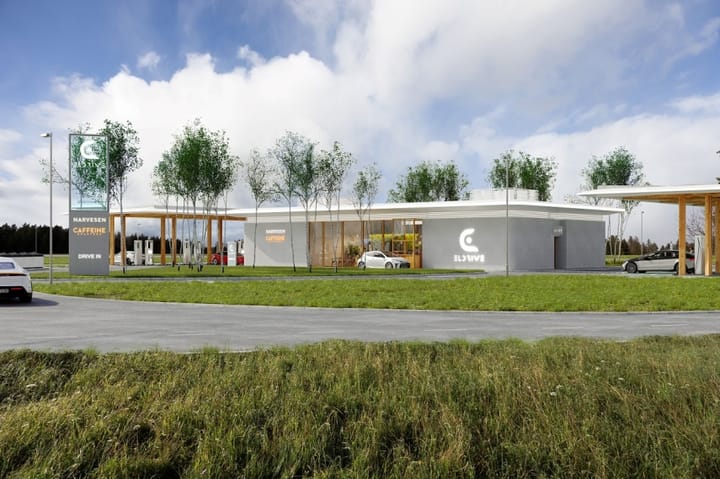Truck Manufacturers Invest in Electric and Hydrogen Solutions for 2024

As the European Union tightens regulations on internal combustion engines, truck manufacturers are increasingly investing in zero-emission solutions, focusing on battery electric vehicles (BEV) and fuel cell electric vehicles (FCEV). A recent report from IDTechEx highlights that hydrogen-powered trucks saw a remarkable 293% increase in 2022, although their numbers remain relatively small compared to electric trucks. Key manufacturers such as Daimler Truck, Iveco, MAN, and DAF are actively developing both BEV and hydrogen technologies, each targeting different market needs and regional demands.
Daimler Truck is advancing its hydrogen-powered Mercedes-Benz GenH2 truck, which boasts a range of over 1,000 km on a single tank of liquid hydrogen, representing a significant leap in hydrogen vehicle capabilities. Iveco, another major player, plans to introduce two hydrogen fuel cell truck models in key European markets in 2024, focusing on long-haul transport solutions. MAN is primarily focusing on battery electric vehicles but is also exploring hydrogen internal combustion engines as a complementary technology. Meanwhile, DAF is developing both hydrogen fuel cells and internal combustion engines but emphasizes the need for robust infrastructure development to support widespread hydrogen adoption.
The shift towards zero-emission trucks is driven by stringent EU regulations and the broader goal of achieving carbon neutrality. The development of both BEV and FCEV technologies reflects the industry's recognition that a mix of solutions will be necessary to meet diverse transport needs and achieve decarbonization goals. Manufacturers agree that while BEVs are well-suited for urban and short-haul applications, hydrogen trucks offer advantages for long-haul routes due to their longer range and shorter refueling times.
However, the transition to these new technologies is not without challenges. The industry faces significant hurdles, including the high cost of hydrogen production, the need for extensive refueling infrastructure, and the current limitations of battery technology. Despite these challenges, the commitment from leading manufacturers to invest in and develop zero-emission trucks marks a critical step towards a more sustainable future for the transport sector.




